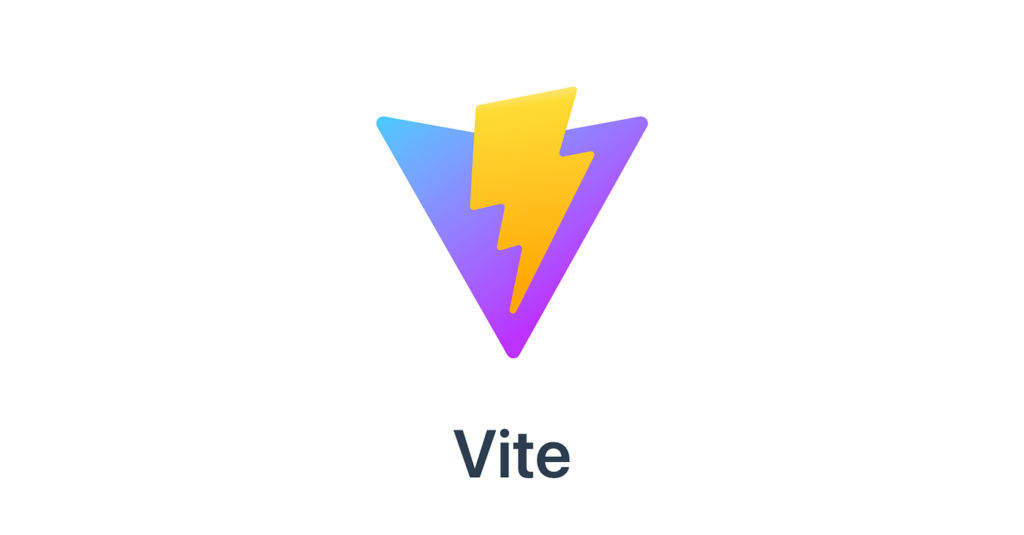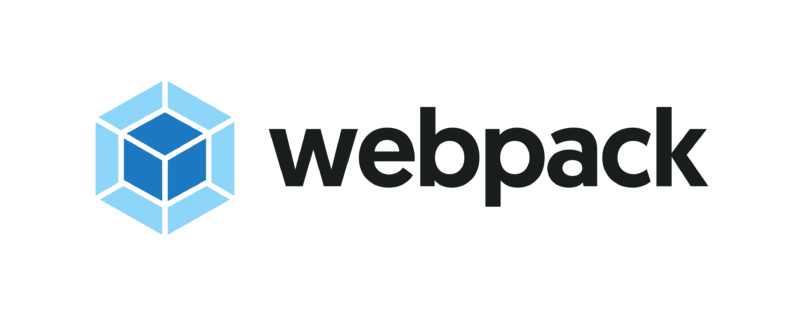In the ever-evolving realm of web development, the name Webpack resonates as a stalwart, offering developers a versatile and potent module bundling solution. With its capability to deftly manage dependencies, handle a diverse range of assets, and optimize performance, Webpack has been a cornerstone of modern web applications. However, just as landscapes shift and evolve, so do the tools available to developers. In this extensive guide, we embark on an immersive exploration of an array of Webpack alternatives. Our journey takes us through the distinctive features, inherent limitations, and unique selling points that set each of these alternatives apart.
Unveiling the Arsenal of Features Embedded in Webpack

Webpack, renowned for its multifaceted capabilities, brings forth an arsenal of features that have solidified its place at the forefront of modern development:
1. Savvy Dependency Management
One of Webpack’s prime strengths lies in its meticulous handling of dependencies. By dissecting and analyzing module relationships, it constructs a meticulously organized codebase that speaks of efficiency.
2. Meticulous Code Splitting
As applications ascend the ladder of complexity, the significance of loading efficiency cannot be understated. Webpack’s prowess in fragmenting code into optimized, bite-sized chunks facilitates faster loading times and elevated performance levels.
3. Seamless Asset Management
From images to fonts and stylesheets, Webpack’s versatile loader ecosystem seamlessly handles a spectrum of assets. This all-encompassing approach simplifies the integration of assets, contributing to a well-rounded development experience.
4. Innovation through HMR
The Hot Module Replacement (HMR) feature stands as a testament to Webpack’s commitment to innovation. Developers benefit from real-time code updates sans the need for full-page reloads. This expedites the development cycle, enhancing productivity manifold.
5. Empowering Plugins
Webpack’s strength extends beyond its core features. Its plugin system empowers developers to automate tasks, optimize assets, and augment the overall efficiency of their projects.
Recognizing the Call for Webpack Alternatives

While Webpack unquestionably shines as a versatile tool, certain scenarios beckon developers to explore Webpack alternative solutions:
1. Navigating the Maze of Configuration
Webpack’s configuration prowess is lauded, but it can also lead to intricate setups, particularly for those new to the tool. In cases where rapid development is key, Webpack alternatives offering simpler setups become alluring.
2. Acceleration of Development Pace
In a landscape where swiftness and agility are of the essence, Webpack’s robust features might inadvertently lead to slower development. For projects that demand rapid results, Webpack alternatives with streamlined features might present a more appealing prospect.
3. Easing the Learning Curve
The learning curve associated with mastering Webpack can be steep. For projects emphasizing swift iterations and seamless onboarding, Webpack alternatives boasting a gentler learning curve become an attractive proposition.
A Deep Dive into the Pool of Webpack Alternatives

When the canvas broadens to encompass Webpack alternatives, a kaleidoscope of options awaits, each catering to a distinct facet of project needs. Let us embark on an illuminating journey through these alternatives:
1. Parcel: The Elegance of Zero-Configuration Bundling
Parcel takes center stage with its novel approach of zero-configuration bundling. This elegance translates into swift setup and streamlined workflows, making it an impeccable choice for smaller to medium-sized projects. Automated asset handling and dependency management amplify development efficiency, allowing productivity to take center stage. However, while Parcel shines in its simplicity, it might be less suited for the intricacies of larger-scale applications that demand more granular control.
2. Rollup: Crafting Elegance in Library Bundling
With a penchant for elegance and optimization, Rollup emerges as a key player in library bundling. The art of “tree shaking,” a technique that prunes away unused code, stands as one of its defining strengths. By generating lean, efficient bundles, Rollup caters to library authors and maintainers striving for minimalistic, high-performance packages. However, this pursuit of elegance comes hand-in-hand with a steeper learning curve in terms of configuration, making it an appealing option for those well-versed in the intricacies of bundling.
3. Browserify: Bridging the Gap Between Front-End and Back-End
In a bid to bridge the gap between front-end and back-end development, Browserify emerges as a trailblazing solution. It enables the utilization of Node.js-style require statements within the browser context, fostering seamless code sharing. Ideal for smaller projects with straightforward requirements, Browserify acts as a bridge between two realms of development. However, its simplicity might render it less suitable for projects requiring advanced features and extensive control.
4. Brunch: The Unhurried Swiftness of a Build Tool
Brunch enters the scene with a compelling proposition: speed and simplicity. Tailored for projects that demand rapid development, Brunch minimizes overhead and complexity, offering a streamlined experience. The minimalist configuration approach aligns seamlessly with the pursuit of immediate results. Nevertheless, while Brunch excels in speed, its simplicity could prove limiting when facing the demands of larger or feature-rich applications.
5. FuseBox: Igniting Performance-Oriented Bundling
For those whose mantra is performance, FuseBox emerges as a formidable ally. With an unyielding focus on performance optimization and rapid development, it delivers an exceptional coding experience. The inclusion of hot module reloading further elevates the efficiency of development, resulting in a fluid, responsive workflow. FuseBox becomes the choice for projects that demand speed, precision, and a performance-driven approach. However, the intense pursuit of performance might entail certain trade-offs in terms of customization options available in other Webpack alternatives.
6. Snowpack: Spearheading Velocity in Modern Development
Snowpack takes the helm in the pursuit of modern development practices, leveraging the power of ES modules. By serving unbundled code during development, it fosters swift feedback loops and encourages iterative development cycles. The swiftness of Snowpack is a testament to its dedication to rapid progress. Its harmonious compatibility with the ever-evolving landscape of web technologies distinguishes it, making it the go-to choice for projects demanding modernity and immediacy.
7. Grunt and Gulp: Task Automation, Bundling Mastery
While not exclusively dedicated to bundling, Grunt and Gulp extend their capabilities to encompass bundling tasks. These task runners provide a holistic approach to automation, seamlessly integrating bundling within a larger landscape of tasks. They stand as optimal choices for projects necessitating comprehensive automation strategies, serving as versatile tools adaptable to diverse development needs. However, the comprehensive nature of Grunt and Gulp might entail a steeper learning curve that extends beyond the realm of specialized bundling solutions.
8. Vite: Catalyzing Performance in Frameworks
Within the realm of modern frameworks like React and Vue.js, Vite emerges as a beacon of innovation. It breathes life into the concept of near-instant cold starts, optimizing performance to unprecedented levels. The rapidity of development and the efficiency of Vite position it as a natural choice for projects built atop these prominent frameworks. However, while Vite thrives within specific environments, its adaptability to broader use cases warrants careful consideration.
9. Metro: Tailored Brilliance for React Native
Developed under the auspices of Facebook, Metro shines as a tool meticulously designed for React Native projects. It navigates the distinctive challenges posed by mobile development with finesse, ensuring seamless compatibility with the React Native ecosystem. Metro emerges as an indispensable asset for developers embarking on the journey of building React Native applications. However, its specialization might limit its scope beyond the realms of React Native.
10. Framework-Specific Bundlers: A Tailored Approach
Certain frameworks, such as Angular CLI, arrive equipped with specialized bundling capabilities. These bespoke solutions are meticulously tailored to the nuances of their respective frameworks, ensuring optimal compatibility and performance. While inherently bound to specific ecosystems, they offer a streamlined development experience within their designated domains.
A Compass in the Sea of Webpack Alternatives: Navigating Factors to Consider

As the voyage unfolds in search of the perfect Webpack alternative, a constellation of factors ought to illuminate your path:
1. Magnitude and Complexity of the Project
Consider whether the Webpack alternative resonates with the scale and intricacy of your project. Larger projects might necessitate alternatives with a robust feature set to accommodate complexity.
2. Championing Performance
Scrutinize the performance optimizations proffered by each Webpack alternative, aligning them with your project’s prerequisites. Performance gains can be critical, especially in projects where speed and efficiency are paramount.
3. Velocity in Development
Prioritize alternatives that accelerate development, particularly if your goal is swift, iterative progress. Rapid development can lead to quicker iterations and enhanced productivity.
4. Embracing the Learning Curve
Assess the learning curve associated with each alternative, especially if a swift onboarding process is of the essence. For projects with tight timelines, an alternative with a gentler learning curve might facilitate quicker integration.
5. Harmonizing with the Ecosystem
Ensure that the chosen alternative dovetails seamlessly with your preferred tools, libraries, and frameworks. Compatibility and integration are pivotal in maintaining a streamlined development workflow.
In Closing: Crafting a Tailored Future
In the realm of web development, Webpack stands tall and is revered for its role in module bundling. However, as landscapes shift and diversify, a medley of alternatives has sprung forth, each catering to a distinct set of needs. From the streamlined elegance of Parcel to the refined potency of Rollup, the panorama is rich with options. By meticulously selecting an alternative that aligns harmoniously with your project’s aspirations, you tap into the potential of bundling while embracing a tool that mirrors your journey.









